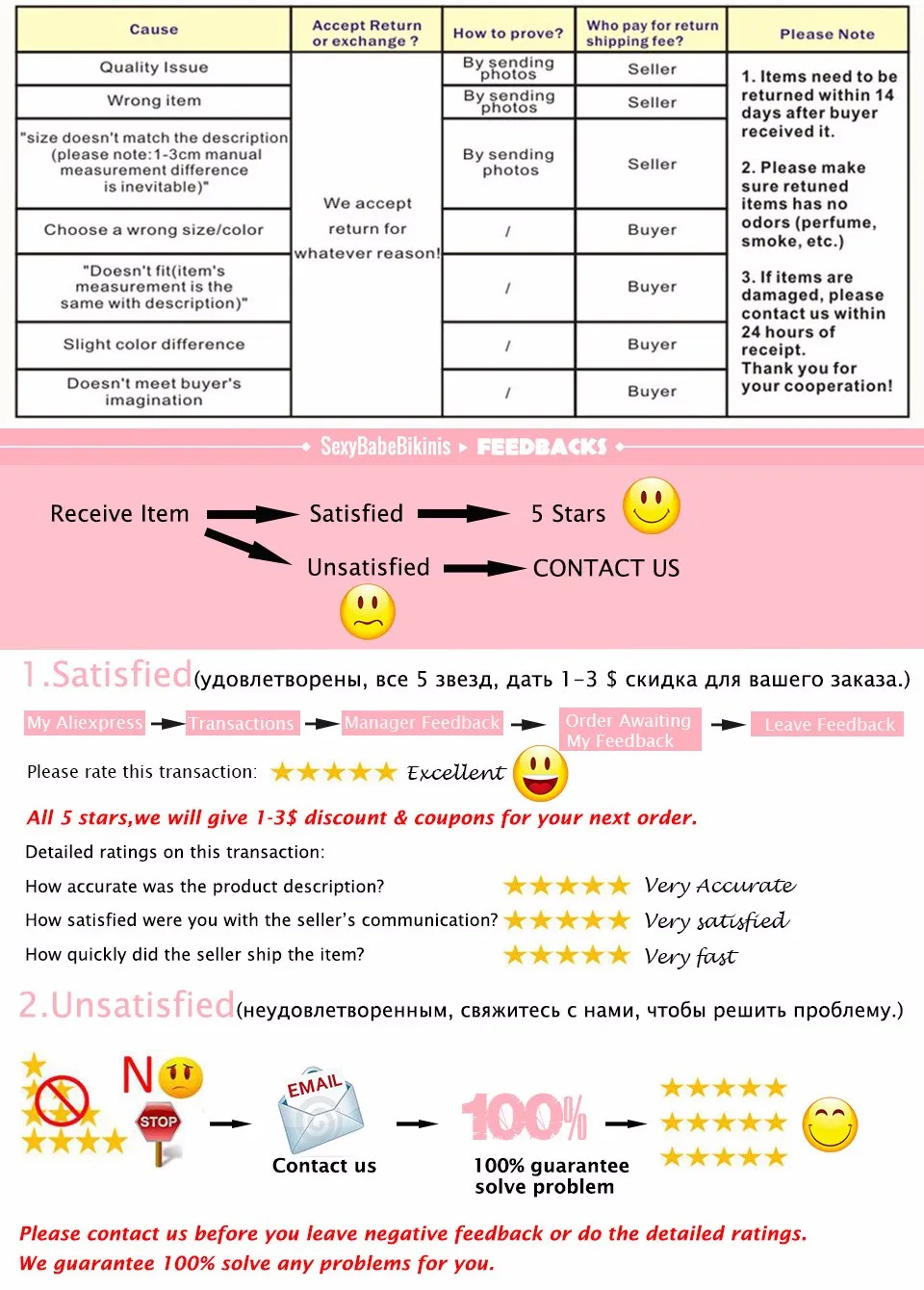"Essential Guide to Getting a Small Business Loan: Tips, Requirements, and Best Practices"
Guide or Summary: Traditional Bank Loans SBA Loans Online Lenders Microloans Assess Your Financial Needs Check Your Credit Score Gather Required Documentati……
Guide or Summary:
- Traditional Bank Loans
- SBA Loans
- Online Lenders
- Microloans
- Assess Your Financial Needs
- Check Your Credit Score
- Gather Required Documentation
- Create a Solid Business Plan
- Apply for the Loan
- Shop Around
- Build Relationships with Lenders
- Be Honest and Transparent
- Consider Alternative Financing Options
#### Getting a Small Business Loan
Getting a small business loan can be a crucial step for entrepreneurs looking to launch or expand their ventures. However, navigating the loan application process can be daunting without the right knowledge and preparation. In this guide, we will explore various aspects of getting a small business loan, including the types of loans available, the application process, and tips for securing the best terms.
#### Understanding the Types of Small Business Loans
When considering getting a small business loan, it's essential to understand the different types of loans available. Here are some common options:
1. Traditional Bank Loans
Traditional bank loans typically offer lower interest rates and longer repayment terms. However, they often require a solid credit history and substantial documentation, making them a less accessible option for some small business owners.
2. SBA Loans
Loans backed by the Small Business Administration (SBA) are designed to help small businesses secure financing. These loans often have favorable terms and lower down payment requirements, but the application process can be lengthy.
3. Online Lenders
Online lenders have become increasingly popular due to their fast approval times and less stringent requirements. However, they may charge higher interest rates compared to traditional banks.

4. Microloans
Microloans are smaller loans, typically under $50,000, aimed at startups and small businesses. They are often provided by non-profit organizations and can be a great option for entrepreneurs who need a smaller amount of capital.
#### The Application Process for Getting a Small Business Loan
Once you've identified the type of loan that suits your needs, the next step is to prepare for the application process. Here are the key steps involved:
1. Assess Your Financial Needs
Before applying for a loan, determine how much money you need and how you plan to use it. This can include expenses such as inventory, equipment, or hiring staff.
2. Check Your Credit Score
Your credit score plays a significant role in your ability to secure a loan. Check your credit report for any inaccuracies and take steps to improve your score if necessary.
3. Gather Required Documentation
Most lenders will require documentation such as tax returns, bank statements, and a business plan. Be prepared to provide detailed information about your business's financial health.

4. Create a Solid Business Plan
A well-crafted business plan can make a significant difference in your loan application. It should outline your business goals, market analysis, and financial projections.
5. Apply for the Loan
Once you have all your documentation and a solid business plan, you can submit your loan application. Be prepared to answer questions from the lender and provide additional information if requested.
#### Tips for Securing the Best Loan Terms
Getting a small business loan is not just about securing funding; it's also about finding the best terms for your business. Here are some tips to help you achieve that:
1. Shop Around
Don't settle for the first loan offer you receive. Compare rates, terms, and fees from multiple lenders to ensure you get the best deal.
2. Build Relationships with Lenders
Establishing a relationship with your lender can be beneficial. Having a personal connection may lead to better terms and more flexibility in the future.

3. Be Honest and Transparent
Lenders appreciate honesty. Be transparent about your business's financial situation and any challenges you may face.
4. Consider Alternative Financing Options
If traditional loans are not an option, explore alternative financing methods such as crowdfunding, peer-to-peer lending, or grants.
In conclusion, getting a small business loan can be a pivotal moment for your entrepreneurial journey. By understanding the types of loans available, preparing thoroughly for the application process, and being strategic about securing the best terms, you can increase your chances of obtaining the funding you need to succeed.